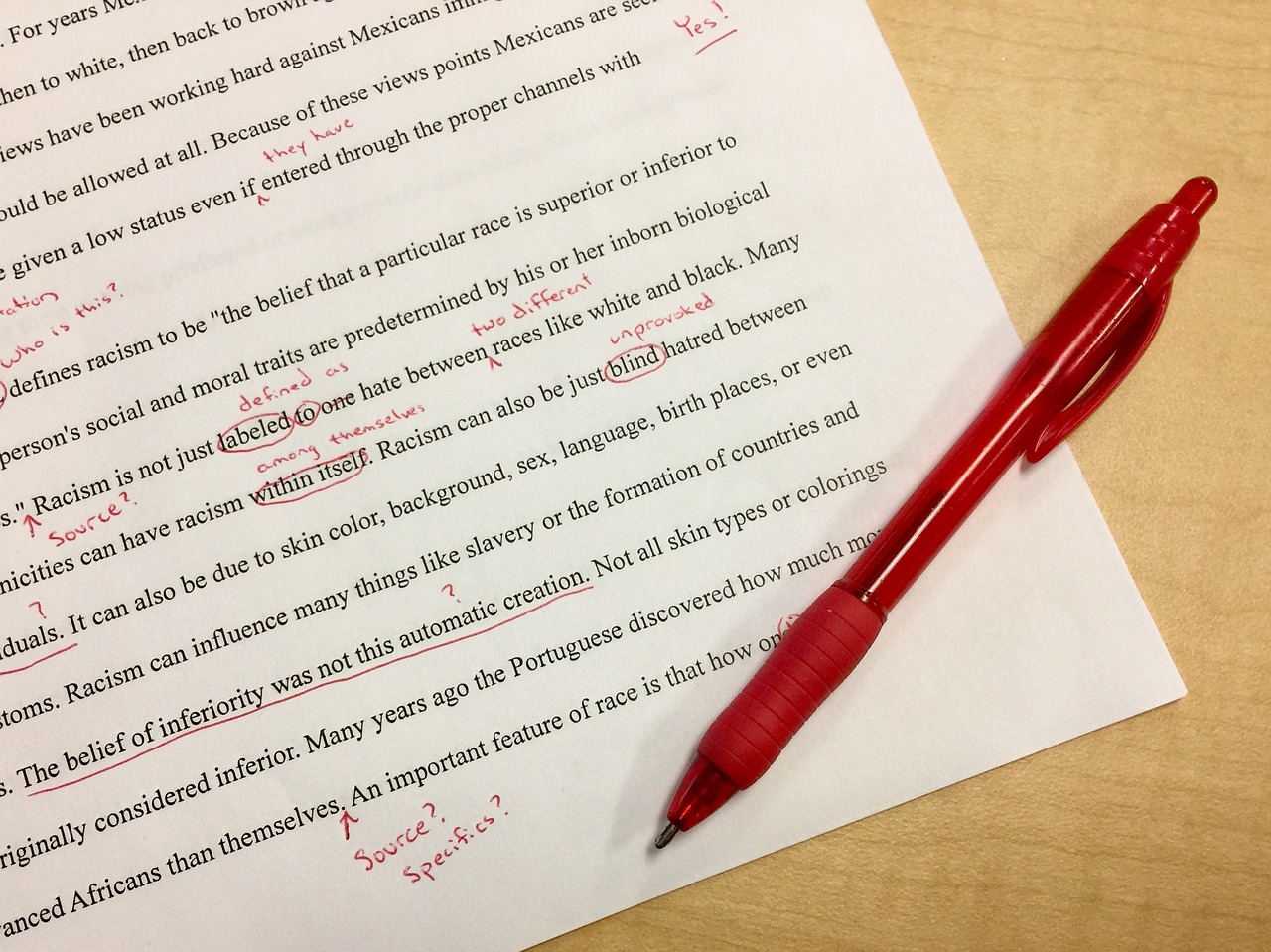
Most writers have experienced at least one “heavy edit” experience in their career. It’s when an editor goes through your writing and has a million suggestions. Sometimes they’ll even rewrite almost the entire thing. At the end, you hardly recognize the piece.
The first time I got a heavy edit, I was utterly mortified. I figured I was doomed as a writer and it was time to give up this whole writing thing forever. But before giving up, I searched all over the internet for articles to see if other writers had ever experienced the same thing. I discovered pretty quickly from my research that it’s part of being a creator. Since the first heavy edit, I’ve had plenty more and I don’t take them personally.
Are you a writer that’s had a heavy edit and now you’re second-guessing yourself? Here’s how I handle them now:
Consider the circumstance
There are usually two scenarios I’ve experienced when a heavy edit happens. In both instances, someone new has come on scene and there are some growing pains.
Either you’re new to a publication (or company) and they’ve never seen your writing or the person who’s editing is new to the company or project. In this case, a heavy edit should almost be expected.
You’re getting to know what the client wants or the editor is getting into the flow of editing your work. The editor has a job to do and a boss who they want to impress. Don’t take this personally. Eventually, you both fall into a flow and learn each other’s styles.
Review the type of edits made
If the edits are for grammar, punctuation, unproven facts, or other fundamental issues, the problem is something that you need to address with your craft. I have no ego. When I make mistakes, I fess up to them, fix the error, and learn from it. Handle the heavy edit with grace, and move on to write another day.
When it comes to style, understand that everyone’s writing style and voice is different and you shouldn’t be too hard on yourself. An editor isn’t supposed to make your writing not sound like you, but some editors have a heavy-handed style.
There’s nothing much you can do about these style changes other than study them and consider them for your next piece. Of course, this depends on the type of work you’re doing. If you’re writing an op-ed or piece that you want to publish how you wrote it, you may decide to cut ties with the publication and pitch another one.
However, I love when editors for my consistent clients make suggestions in a document so I can accept them and learn from their changes.
Take the good even if it feels not-so-good
Yes — it can be deflating when you get a bunch of editing marks after turning in a piece of writing. It’s not the end of the world, trust me. There is something to gain from the experience. Some of the toughest editors who gave me heavy edits in the beginning have taught me the most about writing and I’ve improved from their guidance.
Read more: